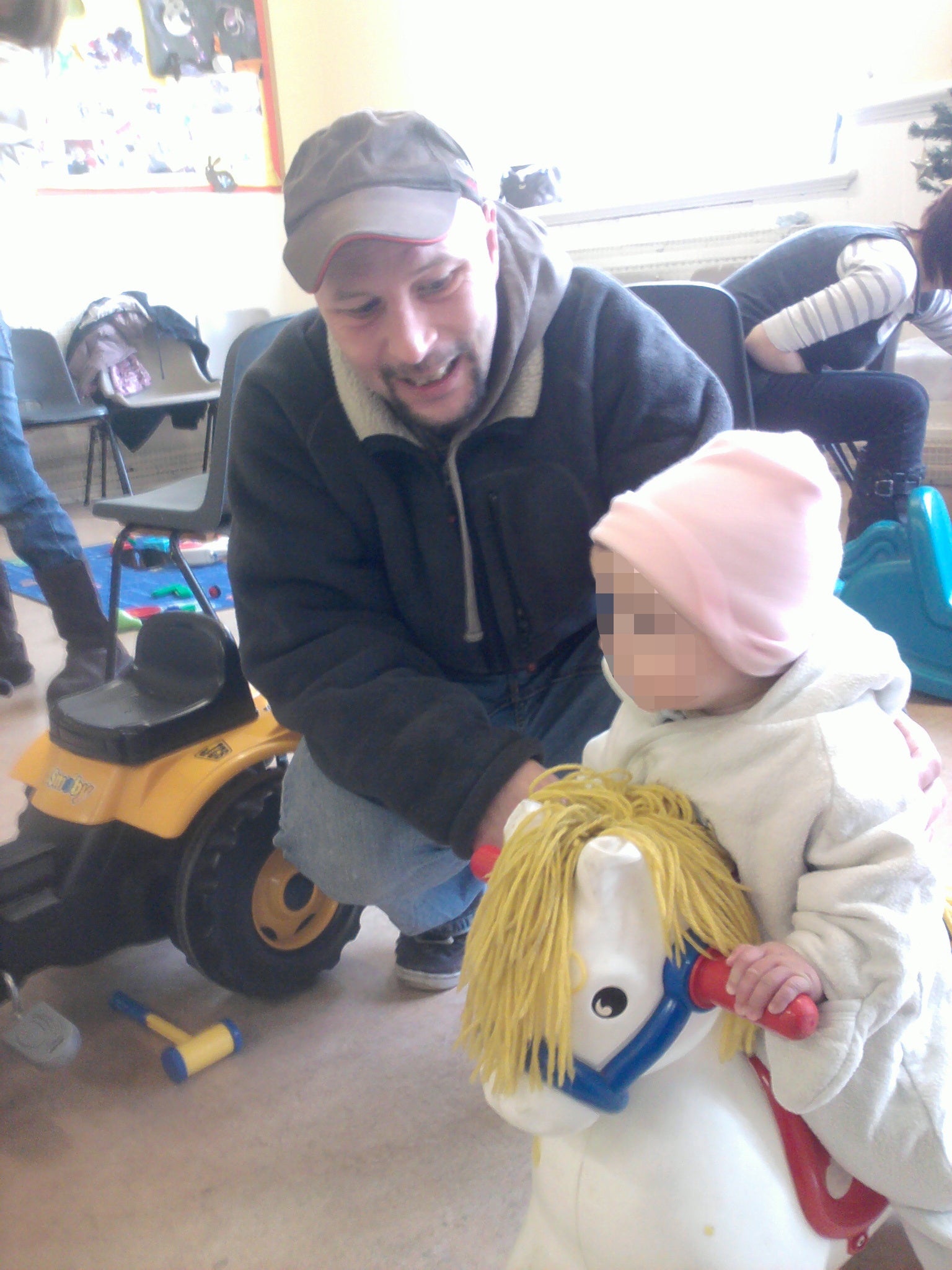Father ‘given 12 hours left to live’ after contracting hepatitis B in freak accident
Warning signs of the liver disease include yellowing of the whites of the eyes and skin

Your support helps us to tell the story
From reproductive rights to climate change to Big Tech, The Independent is on the ground when the story is developing. Whether it's investigating the financials of Elon Musk's pro-Trump PAC or producing our latest documentary, 'The A Word', which shines a light on the American women fighting for reproductive rights, we know how important it is to parse out the facts from the messaging.
At such a critical moment in US history, we need reporters on the ground. Your donation allows us to keep sending journalists to speak to both sides of the story.
The Independent is trusted by Americans across the entire political spectrum. And unlike many other quality news outlets, we choose not to lock Americans out of our reporting and analysis with paywalls. We believe quality journalism should be available to everyone, paid for by those who can afford it.
Your support makes all the difference.A healthy man says he was given 12 hours to live after contracting hepatitis B through an infected nail.
David Surtees was working a typical day delivering pallets of fruit and vegetables to schools in York when he scratched his hand on a nail.
At first he didn’t think anything of it, but in the weeks that followed he found himself “exhausted” and started arriving late for work every day after accidentally sleeping in.
“I ended up leaving the job because I was too tired and couldn’t do it anymore,” Mr Surtees said.
Within four to five weeks of scratching his hand, he found himself unable to work at all and the 51-year-old became exhausted even while at home.
He spent another month or so sleeping between 15 to 16 hours a day but because he was living alone, no one was there to recognise his condition was deteriorating.
Mr Surtees said a friend saved his life when he knocked on his door one day and saw his skin had turned yellow.
“You look awful,” the friend told him and drove him to his GP.
“As soon as the receptionist saw me, she called the doctor immediately,” he said. “Then a doctor looked at me and told me to go to the hospital right away.”

When he arrived at Huddersfield Hospital he was so dehydrated that he was put on a drip, and blood tests were carried out to check his viral count.
“A hepatitis specialist then came to see me and said, ‘I have never seen anyone who is alive with this viral count.’
“He actually asked me, ‘How are you even here right now?’”
He was eventually diagnosed with hepatitis B, a liver infection that is spread through blood, semen and vaginal fluids. The infection is commonly transmitted through sharp objects which have been contaminated by blood.
Some of the most common symptoms are tiredness, high temperature and the yellowing of the whites of your eyes and skin.
In most cases, it can clear up after a few months. However, if left untreated, it can cause serious liver damage and chronic kidney disease. Mr Surtees said he was told his kidneys were shutting down and there was not enough time to get him a transplant.
“He told me I have 12 hours to live and to call my family to come be with me,” he recalled.
Mr Surtees got in touch with his daughter Mikah, who was 10 years old at the time, so he could spend what he thought were his final hours with her.
But to his and the specialist’s surprise, the Yorkshireman fought the infection, and day by day his condition started to improve. He ended up spending around four months in the hospital on medication.
Though he is grateful to be alive two years on from the initial infection, Mr Surtees said his life has been turned upside down.
“I only have 10 per cent liver function,” he explained. “I have chronic fatigue. I can’t walk more than 200 yards.”
Mr Surtees cannot work and is on permanent sick pay. He has to take medication every day to treat the infection.
“If I don’t take my pill every day, I would be dead within seven days,” he said. “It is what it is. When you’re ill, you can’t help being ill. I used to be very physically active. I used to go camping in the forests, but now I can barely walk to the shops because of the chronic fatigue. That means I can’t even work to make a bit of coin.
“It is a struggle. It is also a story of isolation. If I had someone living with me, they would have noticed sooner that my skin and eyeballs turned yellow and something wasn’t right.”
Paul Desmond, Head of Care at the Hepatitis B Trust UK, a UK registered national charity explained: “Hepatitis B virus is extremely easy to catch from any sharp object contaminated with Hepatitis B blood. The virus can live on such objects for 3 weeks and any skin puncture caused by such an object is likely to lead to infection.
“We regularly get patients calling with infections from bloody equipments such as nails, shared tools, re-used tattoo needles, shared razors, even recently a tin of shared clothes pins in a textile factory.
“People need to be aware that blood is a most infectious bodily fluid and use good blood hygiene precautions such as latex gloves and bleaching blood spills to be safe.”
What is hepatitis B and its warning signs?
Hepatitis B is a liver infection that is spread through blood, semen and vaginal fluids, according to the NHS.
Symptoms of hepatitis B not to ignore:
The infection usually lasts for one to three months and most people either have no symptoms or mild symptoms. If the infection lasts longer than six months, it is called chronic hepatitis B.



Join our commenting forum
Join thought-provoking conversations, follow other Independent readers and see their replies
Comments